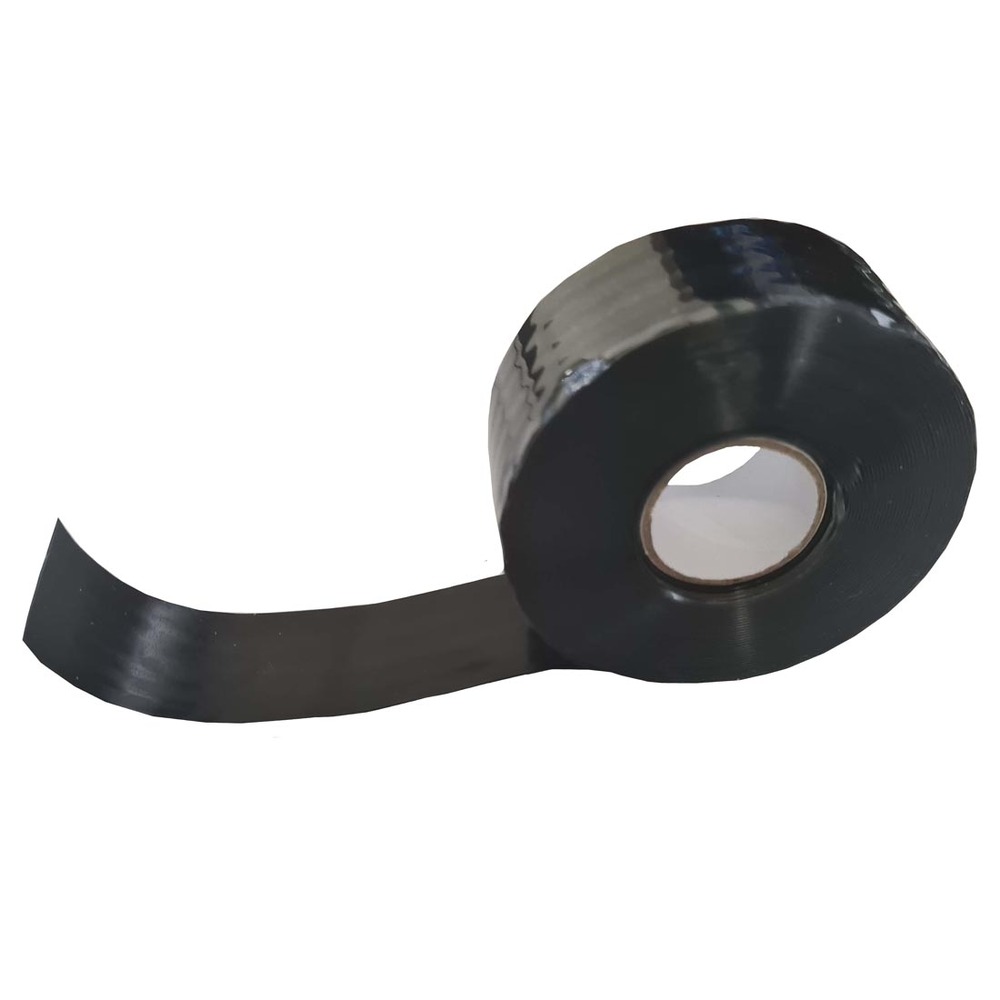The Importance of Automotive Wiring Harness Tape
In the automobile industry, the efficient functioning of electrical systems is crucial for vehicle performance and safety. One essential component that plays a vital role in the integrity of automotive electrical systems is the wiring harness tape. This specialized tape serves multiple purposes, ensuring that the wiring harnesses remain organized, insulated, and protected against environmental factors.
Automotive wiring harnesses are bundles of wires that connect various electronic components within a vehicle, such as lights, sensors, and the engine control unit. These harnesses are often subjected to physical stress, thermal changes, and exposure to various chemicals and contaminants. Therefore, using the right type of wiring harness tape is critical to preserving the safety and functionality of these electrical systems.
Types of Automotive Wiring Harness Tape
There are several types of tape used in automotive wiring harness applications, including
1. Electrical Tape This is the most commonly used type of tape in automotive applications. It is primarily made from PVC or vinyl, which provides excellent electrical insulation. Electrical tape can withstand high temperatures and is available in various colors, allowing for easy identification of wires.
2. Heat Shrink Tubing While not a tape in the traditional sense, heat shrink tubing is often used alongside tape to insulate and protect wiring. When heated, the tubing shrinks, providing a snug fit around the wires, ensuring a tight seal against moisture and dirt.
3. Fabric Tape Fabric-based tape, often made from a blend of cotton and polyester, is used for its durability and flexibility. It is particularly beneficial for harness applications where the wiring may be subject to bending and movement. Fabric tape typically has a rubber adhesive that allows for easy application and removal.
4. PTFE Tape Polytetrafluoroethylene (PTFE) tape is another option found in more specialized applications. It is known for its heat resistance and chemical inertness, making it suitable for environments where temperatures can soar or where exposure to chemicals is prevalent.
automotive wiring harness tape

Benefits of Using Wiring Harness Tape
Using the appropriate type of tape on automotive wiring harnesses offers numerous advantages
- Protection Against Environmental Factors Wiring harnesses are exposed to heat, moisture, and chemicals. Harness tape provides a protective barrier, preventing damage from these elements and extending the lifespan of the wiring.
- Organization Tape helps keep wiring organized by bundling together multiple wires, reducing clutter and preventing tangling. This organization simplifies the installation process and makes future maintenance easier.
- Insulation Proper insulation is essential for preventing electrical shorts that can cause system failures or even fires. Automotive wiring harness tape provides the necessary insulation to prevent electrical leakage.
- Vibration and Movement Damping Vehicles experience constant vibrations while in motion. Taping harnesses can help dampen these vibrations, reducing wear and tear on the wires and the connectors, thus enhancing the reliability of electrical systems.
Conclusion
The use of automotive wiring harness tape is an essential aspect of vehicle design and maintenance. Selecting the right type of tape contributes significantly to the reliability and safety of automotive electrical systems. As vehicles become increasingly dependent on advanced electrical systems, the importance of using high-quality harness tape will continue to grow. In a world where safety and efficiency are paramount, automotive wiring harness tape is a small but crucial component that ensures reliability on the road. Whether in manufacturing or maintenance, investing in the right materials can yield long-term benefits in vehicle performance and durability.
-
XIANGFAN Rubber Tape-Ultimate Solutions for All Your Insulation NeedsNewsJun.24,2025
-
XIANGFAN Rubber Tape-Protection for Industrial and Residential ApplicationsNewsJun.24,2025
-
XIANGFAN Rubber Tape: Superior Safety and Sealing for Demanding EnvironmentsNewsJun.24,2025
-
XIANGFAN Rubber Tape: Reliable Solutions for Every Electrical ChallengeNewsJun.24,2025
-
XIANGFAN Electrical & Industrial Tape: Powering Reliability Across IndustriesNewsJun.24,2025
-
XIANGFAN Electrical & Industrial Tape: Excellence in Every ApplicationNewsJun.24,2025
